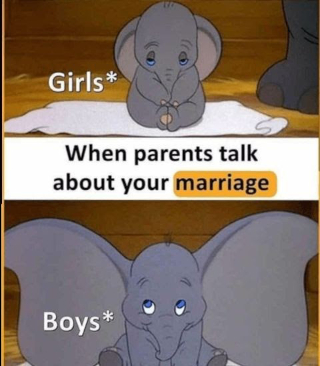[From Unsplash]
Good morning,
In Everything Is Obvious*... *Once You Know the Answer, Duncan J. Watts points out that the Halo Effect (“the tendency to extend our evaluation about one particular feature of another person—say that they’re tall or good-looking—to judgments about other features, like their intelligence or character, that aren’t necessarily related to the first feature at all”) is as prevalent in business as it is in our personal lives.
Drawing on research by management thinker Phil Rosenzweig, Watts writes, “Firms that are successful are consistently rated as having visionary strategies, strong leadership, and sound execution, while firms that are performing badly are described as suffering from some combination of misguided strategy, poor leadership, or shoddy execution. But as Rosenzweig shows, firms that exhibit large swings in performance over time attract equally divergent ratings, even when they have pursued exactly the same strategy, executed the same way, under the same leadership all along.”
We do this because we extend our evaluation of the outcome to judgements about strategy and execution.
Watts writes, “negating the Halo Effect is difficult, because if one cannot rely on the outcome to evaluate a process then it is no longer clear what to use. The problem, in fact, is not that there is anything wrong with evaluating processes in terms of outcomes—just that it is unreliable to evaluate them in terms of any single outcome. If we’re lucky enough to get to try out different plans many times each, for example, then by keeping track of all their successes and failures, we can indeed hope to determine their quality directly. But in cases where we only get to try out a plan once, the best way to avoid the Halo Effect is to focus our energies on evaluating and improving what we are doing while we are doing it.
“By improving the way we make plans and implement them, all these methods are designed to increase the likelihood of success. But they can’t, and should not, guarantee success. In any one instance, therefore, we need to bear in mind that a good plan can fail while a bad plan can succeed—just by random chance—and therefore try to judge the plan on its own merits as well as on the known outcome.”
Have a good day!
[FF Exclusive] Forest bathing
In his year-end reflections, R Sriram, co-founder, Next Practice Retail, shares a hobby he discovered during the pandemic.
“I am grateful to have discovered the luminous joys of birdwatching a few years ago thanks to my partner. During the pandemic, I joined a group of birders who came together for weekend outings in and around Bangalore and discovered many lakes, woods and oases that have provided the wondrous benefits of ‘Shinrin yoku’ (translated in English as forest bathing).
“This paper that studied evidence from field experiments in 24 forests across Japan, concluded that ‘forest environments could lower concentrations of cortisol, lower pulse rate, lower blood pressure, increase parasympathetic nerve activity, and lower sympathetic nerve activity compared with city settings.’”
The piece is full of gems to read and reflect upon.
Dig deeper
Remembering Christopher Hitchens
Given how debased most contemporary debates have gotten across the board, an essay by Oliver Kamm in Prospect Magazine had our attention. Kamm chooses his words carefully to explain why his friend Christopher Hitchens, a British-American journalist, author and public intellectual who died 10 years ago, continues to matter. Some of us on the team are fans of Hitchens while others disagree with his worldview. But Kamm got us thinking.
“First, the quality of his prose and oratory was a marvel, and he amply deployed his skill in debate. He could not only defeat anyone in argument but humiliate them, and it was a mark of his graciousness that he rarely chose to do the latter…
“Second, his atheism was not only impassioned but vital. Not for him the bromide that he wished he could have faith. Rather he maintained, in the subtitle of his book God is Not Great, that ‘religion poisons everything.’ It’s a deliberately provocative but unassailable conclusion…
“And third, though I have no way of expressing this adequately, he was a great guy. His arguments were not feuds. Philosophical differences were never purely a cause for enmity.”
Dig deeper
Boys will be boys

(Via WhatsApp)
Found anything interesting and noteworthy? Send it to us and we will share it through this newsletter.
And if you missed previous editions of this newsletter, they’re all archived here.
Warm regards,
Team Founding Fuel
(Note: Founding Fuel may earn commissions for purchases made through the Amazon affiliate links in this article.)

